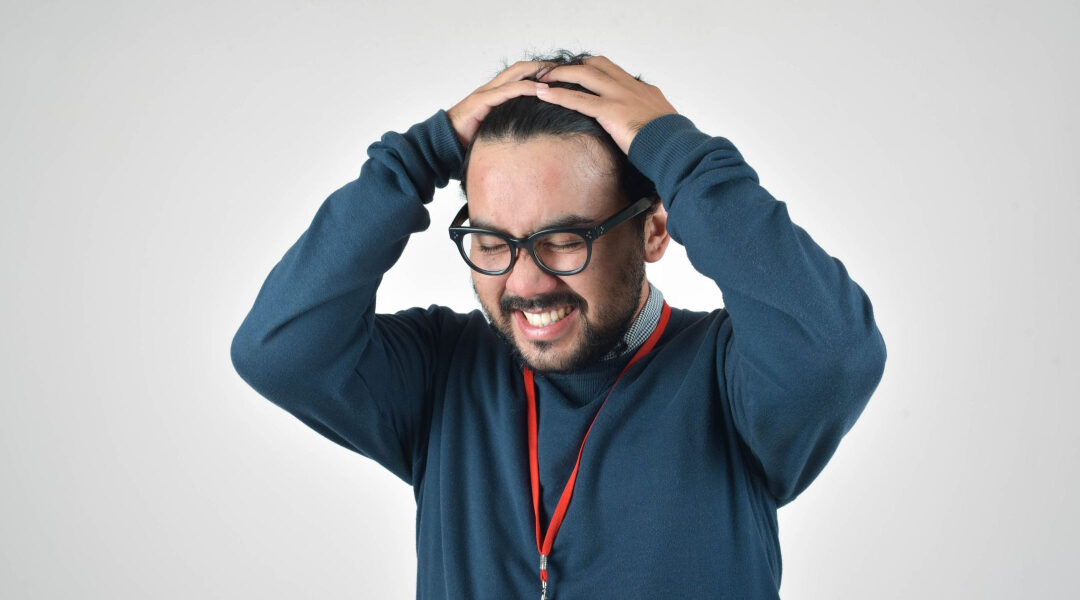Stress is a common part of life, and it can impact us in various ways. One unexpected effect of stress that many people experience is hair loss. If you’re wondering whether stress might be causing your hair challenges, you’re not alone. In this article, we’ll explore how stress can lead to hair loss and offer practical tips on what you can do to address this issue.
The Stress-Hair Loss Connection:
Recent studies have shed light on the link between stress and hair loss. When we’re stressed, our bodies release hormones like cortisol, which can disrupt the natural hair growth cycle. This disruption can lead to hair thinning and even hair loss in some cases.
Is Stress Causing Your Hair Loss?
If you’ve been dealing with excess stress and have noticed changes in your hair, stress might indeed be a contributing factor. Here are some signs that stress could be affecting your hair:
- Increased Hair Shedding: If you find more hair in your brush or shower drain than usual, stress could be the culprit.
- Thinning Hair: Noticeable thinning of your hair, especially in specific areas, can be a sign of stress-related hair loss.
- Receding Hairline: Stress may lead to a receding hairline, particularly along the temples or forehead.
- Visible Scalp: When your hair starts to thin, your scalp may become more visible.
What You Can Do to Manage Stress-Related Hair Loss:
The good news is that there are steps you can take to address stress-related hair loss and promote healthy hair growth:
- Stress Management:
- Identifying and managing stressors in your life is essential. Techniques like meditation, deep breathing exercises, yoga, and regular physical activity can help reduce stress.
- Healthy Diet:
- A balanced diet rich in vitamins and minerals can support hair health. Focus on eating fruits, vegetables, lean proteins, and whole grains.
- Adequate Sleep:
- Ensure you get enough quality sleep each night. Lack of sleep can exacerbate stress and affect your overall health, including your hair.
- Haircare Practices:
- Be gentle with your hair. Use mild shampoos and conditioners, and avoid excessive heat styling and tight hairstyles that can damage your hair.
- Supplements:
- Consult with a healthcare professional about supplements that can promote hair growth, such as biotin or zinc.
- Seek Support:
- Don’t hesitate to seek support from friends, family, or a therapist to help you manage stress effectively.
- Professional Advice:
- If your hair loss is severe or persistent, consult with a dermatologist or healthcare professional for a proper evaluation and treatment options.
Stress can impact our lives in numerous ways, including our hair health. If you suspect that stress is causing your hair challenges, know that you’re not alone, and there are steps you can take to address this issue. By managing stress, adopting a healthy lifestyle, and seeking professional advice when needed, you can promote hair growth and overall well-being. Remember that your hair is just one aspect of your beauty, and taking care of your mental and emotional health is equally important. So, take a deep breath, and let’s tackle stress together for healthier, happier hair.

